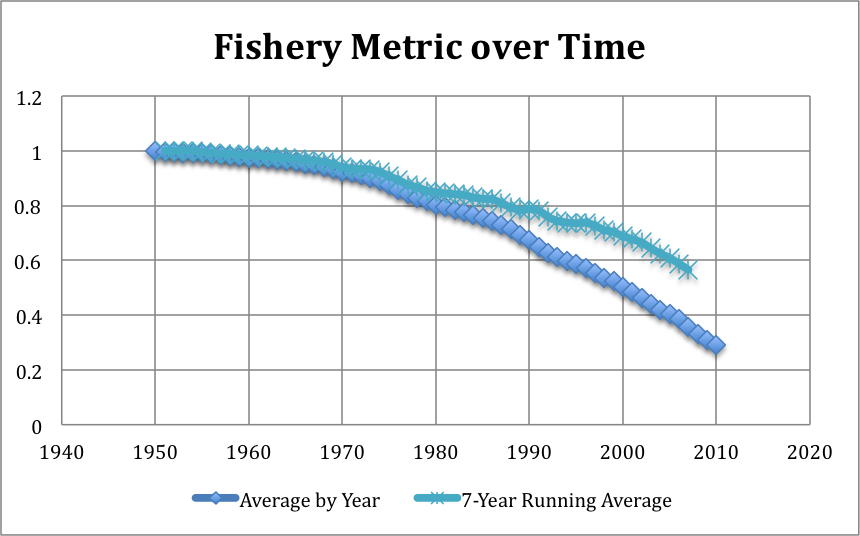We got a invitation to go for free to the World Technology “Summit”,
held the past couple days. I went on Monday.
It appears to be a sham. The organizer is a Kurzweilite who can’t
distinguish between engineers making real innovations and
futurism-peddlers. Most invitees seemed to have realized this and
stayed home, which is why the room was so sparse except for us
Columbia grad students.
Some choice quotes from the organizer’s introduction:
- “[Quantum computing is so powerful, it’s] like today’s computers
are ants, and quantum computers are gods.” - “We’re going to be Earth-independent.”
- “What scientists call our ‘meat bodies’…”
- “We may not realize it yet, but this is it. This is all simulated.
We live in the Matrix.”
He also implied that the demise of religion is inevitable and spent a
lot of time on transhumanism.
The only interesting part of the “summit” that I saw was a panel by
three media researchers on the future of media. Three take-aways:
- Companies have realized that people now watch two screens at once
(e.g., there were 170k tweets per minute during the debate), and are
trying to bait them with one screen and monetize on another. - The internet giants should not be considered “firms”. A firm
assumes it’s cheaper to do things inside than out; a network assumes
it’s cheaper to do things outside, and tries to build forums for
others to do them. - The next mobile revolution will have your cell provide information
to your surroundings (e.g., the store), rather than the other way
around.
